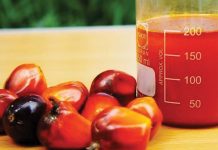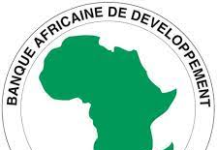The executive director of Lake Chad Research Institute, Dr Oluwasina Gbenga, has revealed that Nigeria spends a whopping $4 billion for the importation of wheat into the country annually.
Gbenga made the revelation during the Pre – Season Training Workshop for farmers on irrigated wheat production, processing and utilisation at the Presidential Banquet Hall in Birnin Kebbi.
The three-day workshop was organised by Lake Chad Research Institute in collaboration with Flour Millers Association of Nigeria.
He said that there has been a steady rise in the consumption of wheat since 1960 at an average of 20 per cent annually indicating that wheat was the most imported, processed and consumed food in Nigeria which gulps the country’s hard earned foreign exchange to the tune of $4 billion annually, a situation he described as no longer tolerable.
“Import dependency is neither economically and politically tolerable nor sustainable for such displaces domestic wheat production and promotes foreign exchange drain.’’
He further opines that the country’s present requirement of wheat was 4.2 millions per year while presently , Nigeria produces about 600,000 metric tons only indicating 12.2 per cent self sufficiency and thus depends on import to meet the huge deficit.
The ED called on farmers to take up the challenge of improving domestic production in order to fast track self sufficiency domestically while also announcing the release of high yielding, heat tolerant wheat varieties with yield potential of 5-6 developed by the Lake Chad Institute for farmers.
The Kebbi State commissioner for Agriculture, Alhaji Garba Muhammed Dandiga, commended the organisers of the workshop while reiterating the commitment of the state government in assisting farmers .
He said that the state government last year targeted 10,000 wheat farmers but next year the government will be targeting 100,000 wheat farmers in the state for support.












